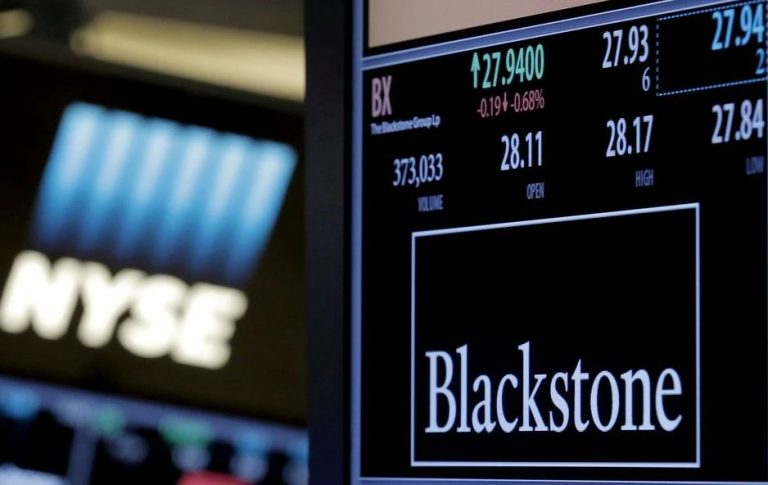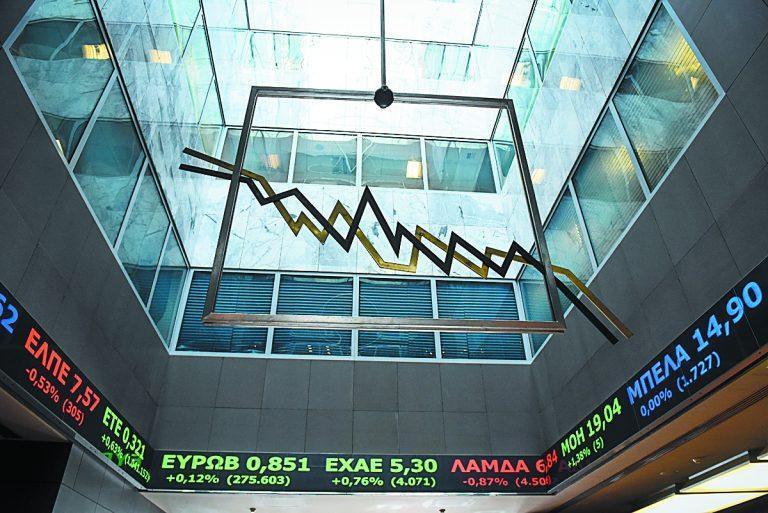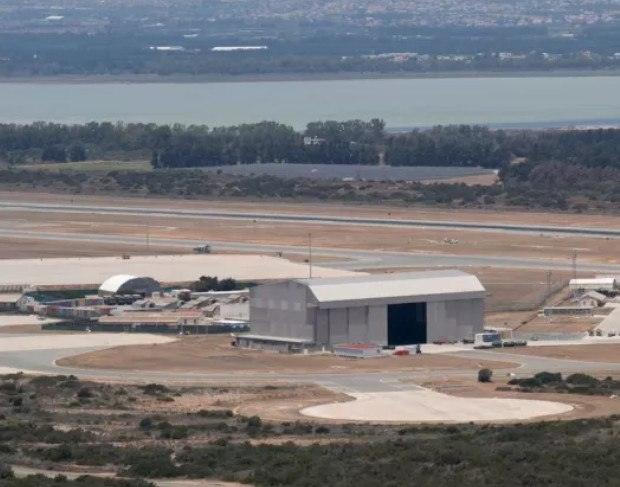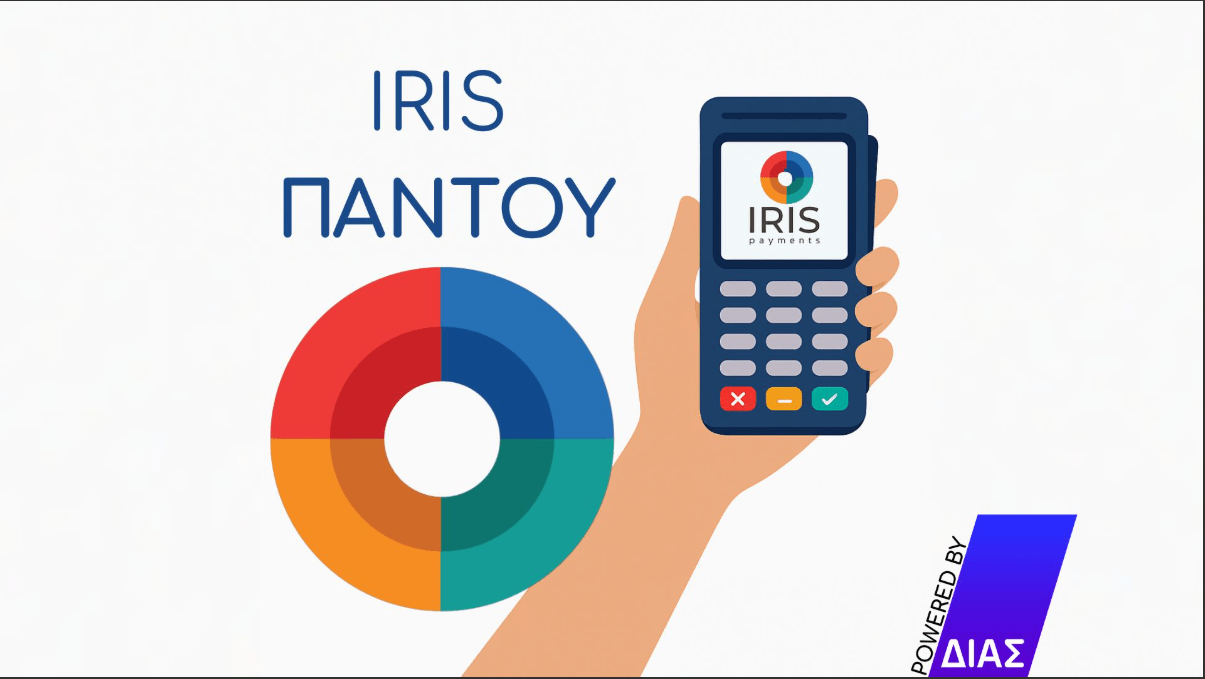Deutsche Bank projects the Greek economy will expand above the EU average in an analysis. The German bank estimates Greece’s GDP will increase to 2.1% in 2025, followed by a 1.2% rise in 2026, while assessing inflation will ease to 2% in 2025 from 3% in 2024, remaining close to the ECB target of 2.1%.
Despite the positive outlook on GDP and inflation, Deutsche Bank warns that Greece’s current account balance will experience a notable deficit estimated at 5% in 2025 and 4.5% in 2026.
Greece’s fiscal balance is projected to post a slight -0.7% deficit in 2025 and -0.8% in 2026.
In the report, Deutsche Bank estimates the Eurozone will continue to show signs of resilience, attributed largely to factors such as a strong employment market, effective implementation of fiscal policies, and significant fiscal relaxation.
The German multinational investment bank, however, says the positive momentum in the common European market could be impacted by tariffs, a stronger euro, and fiscal imbalances in France, Europe’s second-largest economy.
Deutsche Bank said it believes the sharp decline in inflation from the 2022–2023 highs has largely run its course. The harmonized index of consumer prices (HICP) has already hovered near the European Central Bank’s 2% target over the past year and is expected to dip below that level in 2026 before returning to 2% in 2027.
The risks, the bank noted, are skewed toward a deeper—but temporary—undershoot in inflation.
On monetary policy, Deutsche Bank revised its outlook for the ECB. It now sees the terminal rate at 2%, rather than the 1.5% it had previously projected, suggesting that level has already been reached. However, the bank did not rule out further short-term easing if inflation expectations show signs of destabilization.
Source: tovima.com












![Οι αλλαγές στα ψηφιακά στοιχεία διακίνησης αποθεμάτων [Μέρος 6ο]](https://www.ot.gr/wp-content/uploads/2026/03/tax-468440_1280-1024x682-1.jpg)
























